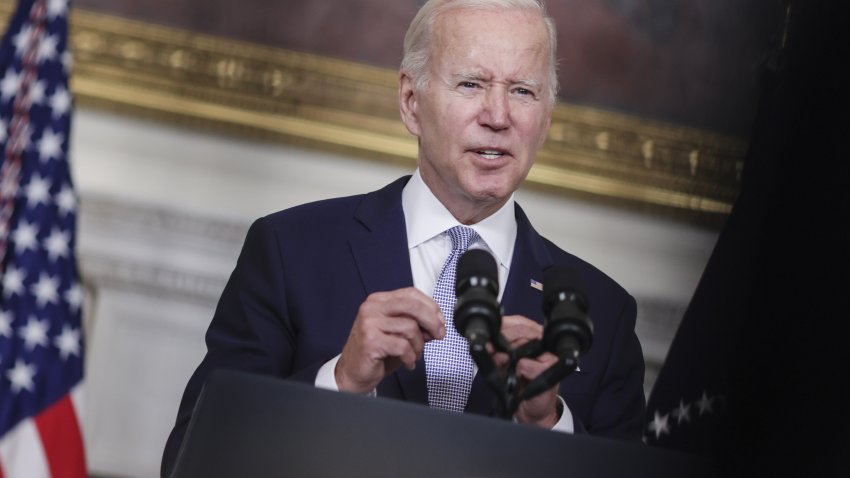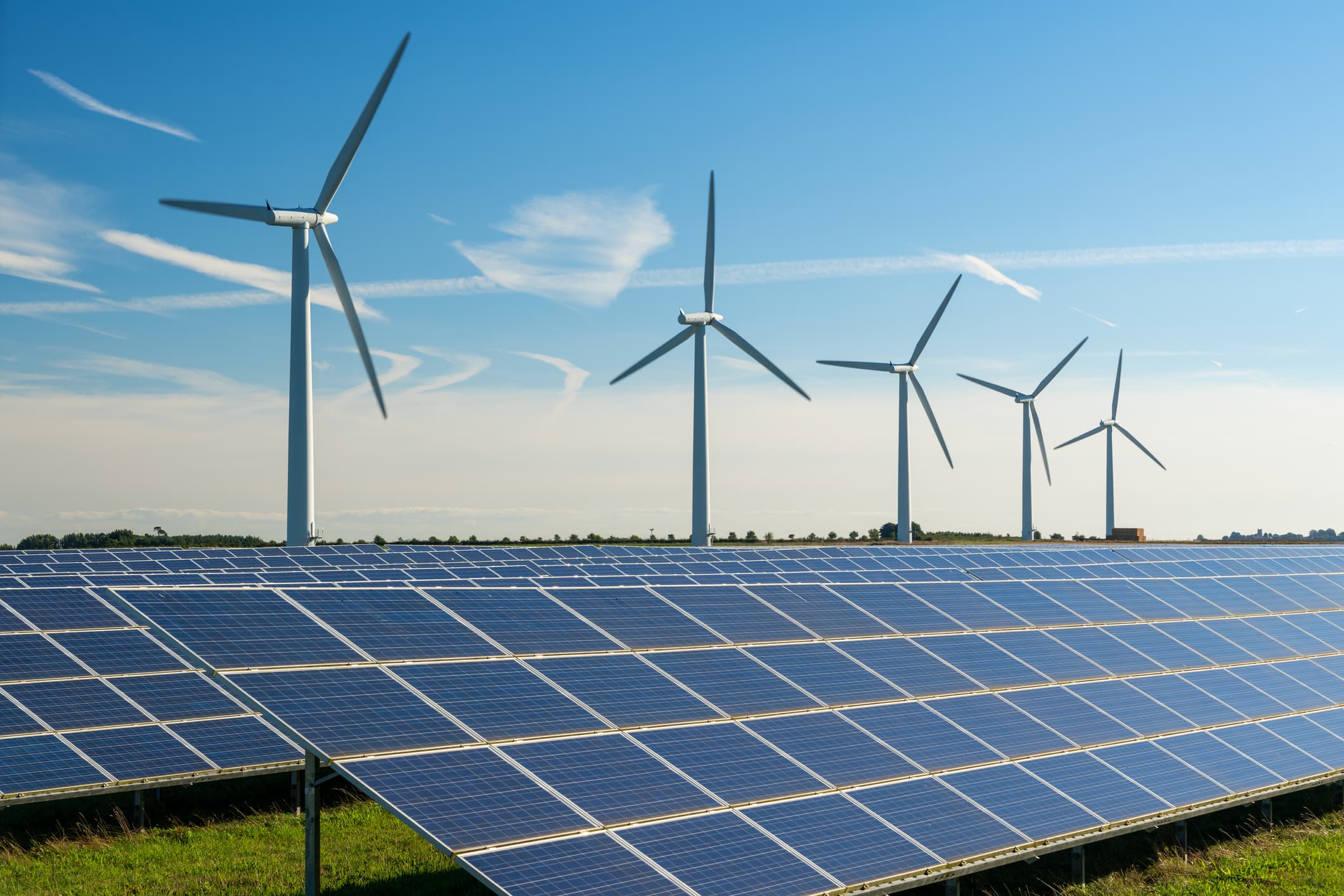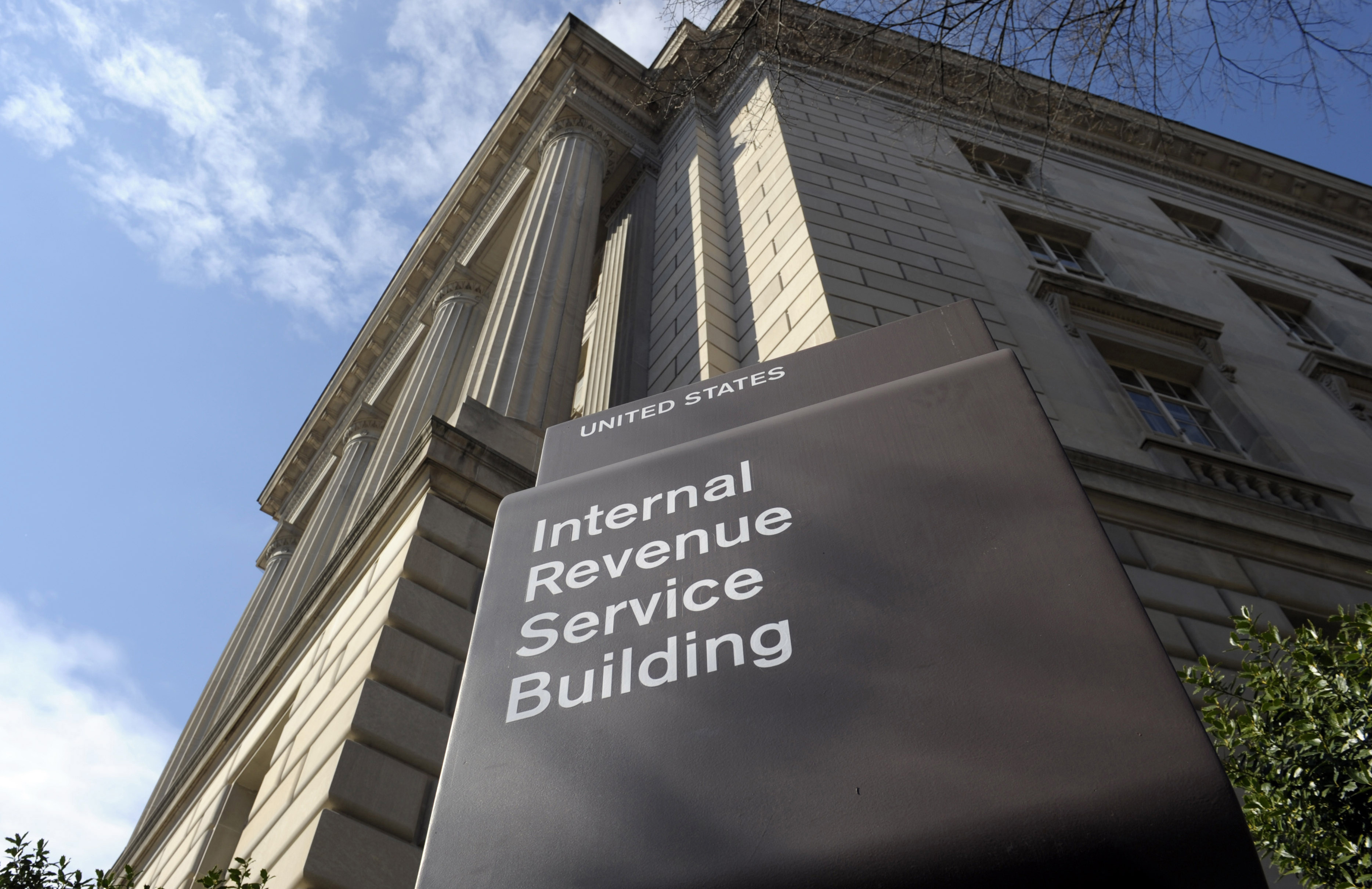Not as robust as the proposal President Joe Biden once envisioned to rebuild America's public infrastructure and family support systems, the Democrats' compromise of health care, climate change and deficit-reduction strategies is still a substantial undertaking.
Approved by the divided Congress, the bill brings the biggest investment ever in the U.S. to fight climate change. Also in the legislation is a $2,000 cap on out-of-pocket prescription drug costs for Medicare recipients as well as a new 15% corporate minimum tax to ensure big businesses pay their share.
And billions will be left over to pay down federal deficits.
Watch NBC 4 free wherever you are
Democrats alone supported the package, as Republicans lined up against it. Republicans deride the 730-page bill as big government overreach and point particular criticism at its $80 billion investment in the IRS to hire new employees and go after tax scofflaws.
Called the “Inflation Reduction Act of 2022,” the 730-page bill may not do much to immediately ease inflationary pressures, though millions of Americans are expected to see some relief in health care and other costs.
Get Tri-state area news delivered to your inbox with NBC New York's News Headlines newsletter.
A look at what's in and out of the $740 billion final package:
LOWERING THE COST OF PRESCRIPTION DRUGS
Launching a long-sought goal, the bill would allow the Medicare program to negotiate prescription drug prices with pharmaceutical companies, saving the federal government some $288 billion over the 10-year budget window.
Those new revenues would be put back into lower costs for seniors on medications, including a $2,000 out-of-pocket cap for older adults buying prescriptions from pharmacies.
The money would also be used to provide free vaccinations for seniors, who now are among the few not guaranteed free access, according to a summary document.
Seniors would also have insulin prices capped at $35 a month.
HELP PAYING FOR HEALTH INSURANCE
The bill would extend the subsidies provided during the COVID-19 pandemic to help some Americans who buy health insurance on their own.
Under earlier pandemic relief, the extra help was set to expire this year. But the bill would allow the assistance to keep going for three more years, lowering insurance premiums for people who are purchasing their own health care policies.
‘SINGLE BIGGEST INVESTMENT IN CLIMATE CHANGE IN U.S. HISTORY'
The bill would infuse nearly $375 billion over the decade in climate change-fighting strategies that Democrats believe could put the country on a path to cut greenhouse gas emissions 40% by 2030, and “would represent the single biggest climate investment in U.S. history, by far.”
For consumers, that means tax rebates to buy electric vehicles — $4,000 for used vehicle purchase and up to $7,500 for new ones, eligible to households with incomes of $300,000 or less for couples, or single people with income of $150,000 or less.
Not all electric vehicles will fully qualify for the tax credits, thanks to requirements that component parts be manufactured and assembled in the U.S. And pricier cars costing more than $55,000 and SUVs and trucks priced above $80,000 are excluded.
There's also tax breaks for consumers to go green. One is a 10-year consumer tax credit for renewable energy investments in wind and solar.
For businesses, the bill has $60 billion for a clean energy manufacturing tax credit and $30 billion for a production tax credit for wind and solar, seen as ways to boost and support the industries that can help curb the country's dependence on fossil fuels.
The bill also gives tax credits for nuclear power and carbon capture technology that oil companies such as Exxon Mobil have invested millions of dollars to advance.
The bill would impose a new fee on excess methane emissions from oil and gas drilling while giving fossil fuel companies access to more leases on federal lands and waters.
A late addition pushed by Sen. Kyrsten Sinema, D-Ariz., and other Democrats in Arizona, Nevada and Colorado would designate $4 billion to combat a mega-drought in the West, including conservation efforts in the Colorado River Basin, which nearly 40 million Americans rely on for drinking water.

HOW WILL THE GOVERNMENT FOR ALL OF THIS? NEW CORPORATE MINIMUM TAX
The biggest revenue-raiser in the bill is a new 15% minimum tax on corporations that earn more than $1 billion in annual profits.
It's a way to clamp down on some 200 U.S. companies that avoid paying the standard 21% corporate tax rate, including some that end up paying no taxes at all.
The new corporate minimum tax would kick in after the 2022 tax year and raise more than $258 billion over the decade.
There will also be a new 1% excise tax imposed on stock buybacks, raising some $74 billion over the decade.
Money is also raised by boosting the IRS to go after tax cheats. The bill proposes an $80 billion investment in taxpayer services, enforcement and modernization, which is projected to raise $203 billion in new revenue — a net gain of $124 billion over the decade.
The bill sticks with Biden's original pledge not to raise taxes on families or businesses making less than $400,000 a year.
Savings from allowing Medicare’s negotiations with the drug companies is expected to bring in $288 billion over 10 years, according to the non-partisan Congressional Budget Office.
EXTRA MONEY TO PAY DOWN DEFICITS
With some $740 billion in new revenue and around $440 billion in new investments, the bill promises to put the difference of about $300 billion toward deficit reduction.
Federal deficits spiked during the COVID-19 pandemic when federal spending soared and tax revenues fell as the nation's economy churned through shutdowns, closed offices and other massive changes.
The nation has seen deficits rise and fall in recent years. But overall federal budgeting is on an unsustainable path, according to the Congressional Budget Office, which put out a new report this week on long-term projections.
More Related Coverage
WHAT'S LEFT OUT OF THE INFLATION REDUCTION ACT?
This latest package emerged suddenly at the end of July after 18 months of start-stop negotiations leaves behind many of Biden's more ambitious goals.
Senate Majority Leader Chuck Schumer, D-N.Y., struck a deal with Sen. Joe Manchin to revive Biden’s package, slimming it down to bring the West Virginia Democrat back to the negotiating table. Next, they drew Sinema, the remaining party holdout, with additional changes.
The package remains robust, by typical standards, but nowhere near the sweeping Build Back Better program Biden once envisioned.
While Congress did pass a $1 trillion bipartisan infrastructure bill for highways, broadband and other investments that Biden signed into law last year, the president's and the party's other key priorities have slipped away.
Among them is a continuation of a $300 monthly child tax credit that was sending money directly to families during the pandemic and is believed to have widely reduced child poverty.
Also gone, for now, are plans for free pre-kindergarten and community college, as well as the nation's first paid family leave program that would have provided up to $4,000 a month for births, deaths and other pivotal needs.
___
Associated Press writer Matthew Daly contributed to this report.



